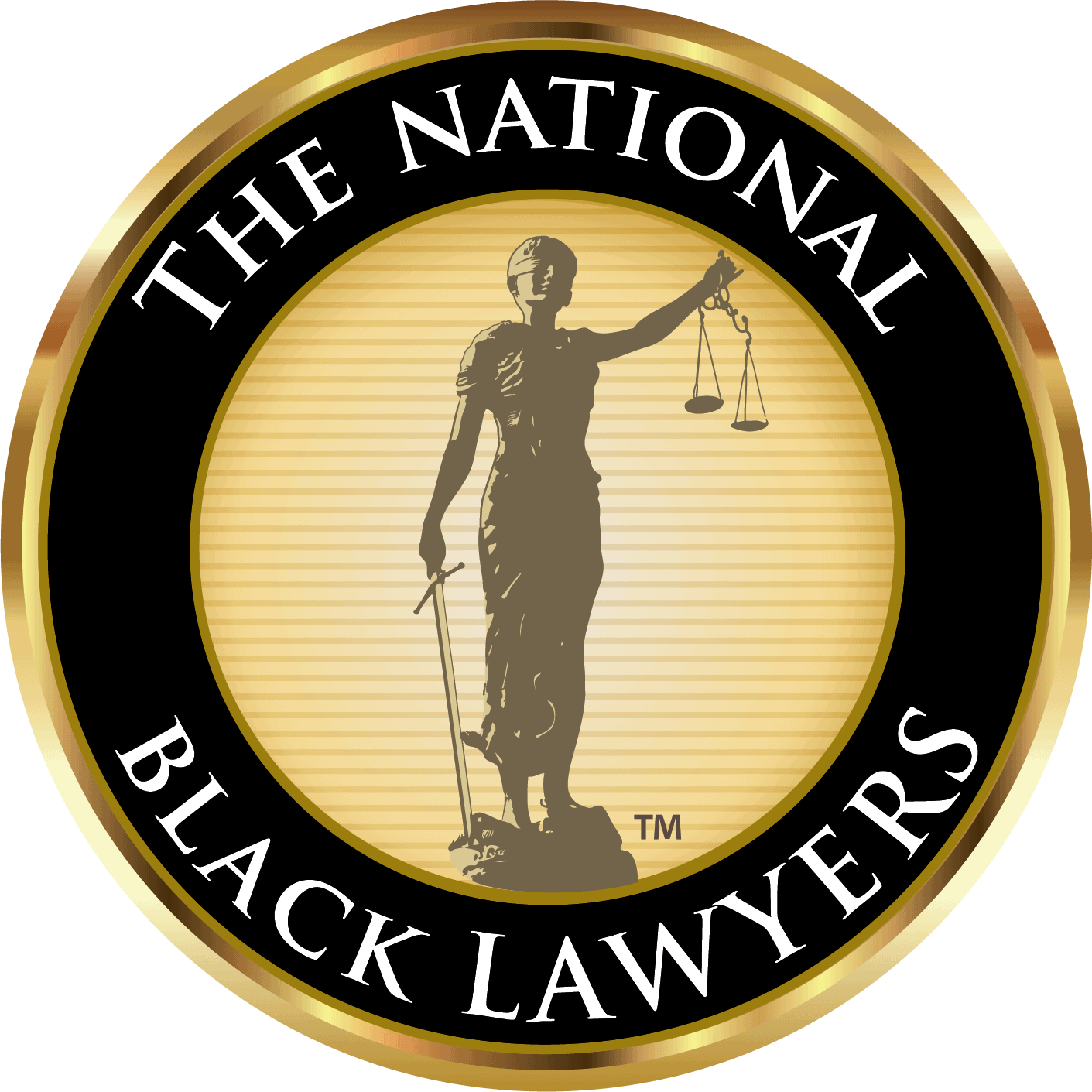
Loretta Lynch is sworn in before testifying during her confirmation hearing before the Senate Judiciary Committee Jan. 28.
NEW YORK – President Obama’s attorney-general nominee, Loretta Lynch, admitted to the Senate Judiciary Committee that her investigators in the money-laundering probe of HSBC were aware of evidence compiled by whistleblower John Cruz but she chose, nevertheless, not to bring criminal charges.
Lynch provided written answers to questions submitted by committee chairman Sen. Charles Grassley, R-Iowa, in a document posted on the panel’s website dated Feb. 18.
As WND reported, Lynch’s confirmation vote in the Senate initially was postponed after Sen. David Vitter, R-La., a member of the Senate Judiciary Committee, opened the investigation of Lynch’s role in the HSBC deferred prosecution after his staff quizzed Cruz, a former HSBC employee-turned-whistleblower whose trove of original evidence of money laundering was reported first by WND.
Cruz charged HSBC was engaged in a willful, criminal scheme to launder money for Mexican drug cartels and Middle East terrorists.
In response to Grassley, Lynch, as U.S. attorney for the Eastern District of New York, acknowledged Department of Justice “investigators did speak with and receive documents and information from Mr. Cruz.”
“Based on the in formation he provided, we took appropriate additional investigative steps, including requiring additional information from HSBC,” she replied to the senator.
“Investigators carefully considered the information he provided as we considered whether there was sufficient admissible evidence to prosecute violations at HSBC and whether any such prosecution otherwise would have been consistent with the principles of federal prosecution contained in the United States Attorney’s Manual,” said Lynch.
“Ultimately, HSBC entered into a DPA that required remarkable reforms based on Bank Secrecy Act and sanctions violations, and that explicitly provides no protection from prosecution for conduct outside of the Statement of Facts.
In the deferred prosecution agreement, or DPA, HSBC agreed to pay $1.9 billion in fines and make structural changes as a condition of not pressing criminal charges.
Lynch repeatedly emphasized, however, the DOJ settlement with HSBC was limited to criminal violations of the Bank Secrecy Act.
“Note that we did not charge HSBC with money laundering,” Lynch told the Senate Judiciary Committee. “Rather, HSBC’s failure to maintain an effective anti-money laundering program violated the Bank Secrecy Act by creating a corporate environment that failed to stop others from laundering money through HSBC.”
Grassley noted Cruz spoke with IRS criminal investigators in Colorado in early 2012 and provided approximately 1,000 pages of documents and 30 hours of audio recordings to the IRS and the Securities and Exchange Commission in whistleblower submissions in July 2012.
